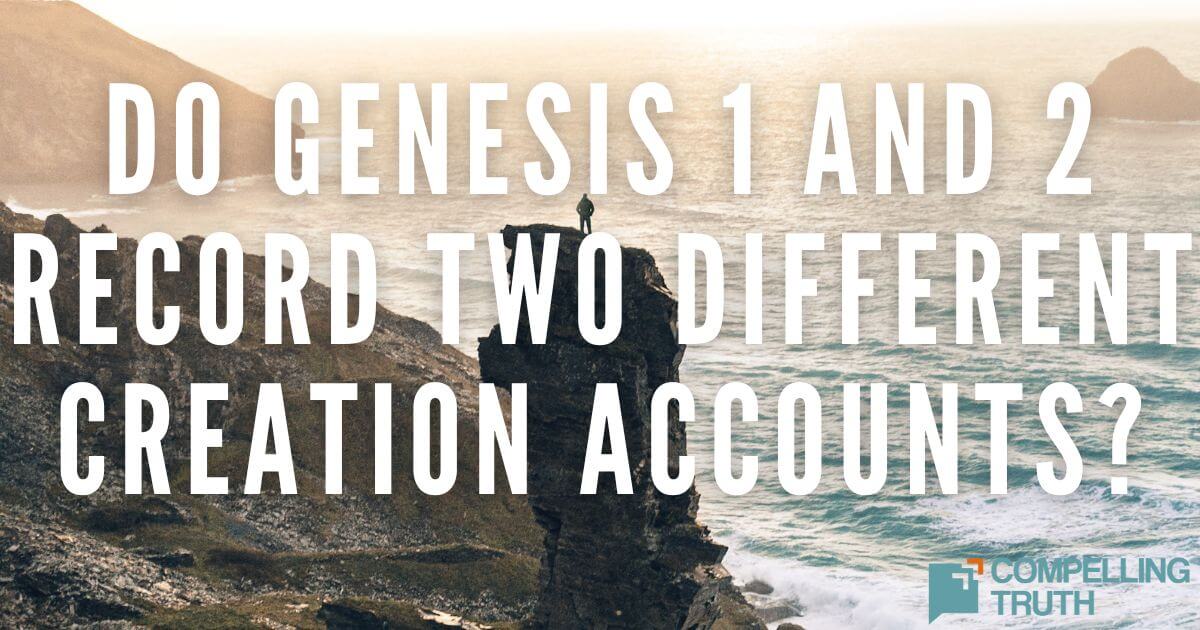The Bible presents the account of Adam and Eve as historical fact. The account includes their creation and fall, the promise of a Savior, and a description of their early descendants. The literal account of Adam and Eve sets the basis for understanding humanity; in particular, it helps us understand why we need a savior and demonstrates that God would bring about rescue. Jesus affirmed the historical reality of Adam and Eve, in part by referencing historical events like Abel's murder and quoting from Genesis in relation to marriage. The New Testament epistles refer to Adam and Eve as literal humans. Romans 5:12 links Adam's sin to the introduction of sin and death into the world, reinforcing the historical basis of Adam's role in Christian theology and God’s plan of redemption. Eliminating parts of the Bible, such as the story of Adam and Eve, undermines the coherence of the entire biblical narrative, including Jesus' genealogy traced back to Adam in Luke 3:23–38. Such a selective belief system risks turning the Bible from divine truth into a subjective text, eroding its authority and disrupting core Christian doctrines.
When a person decides to begin eliminating some of the truth of the Bible, it calls into question the entire truth of the Bible. Take Luke 3:23–38, for example. There, Luke traces Jesus' genealogy from Joseph all the way back to Adam, establishing a historical and theological link between Jesus and the entirety of the biblical story from creation onward. Which of those people should be eliminated as unreal? By questioning the reality of Adam and Eve or any other historical figure in this lineage, we undermine the biblical narrative's coherence and the foundational truths it supports. The genealogy is more than a list; it connects Jesus to a lineage that validates the unfolding of God's redemptive plan. To eliminate any part of this genealogy is to challenge the authenticity of the entire biblical account.
Furthermore, rejecting parts of the Bible transforms it from God’s inspired revelation into a subjective text open to personal interpretation. The Adam and Eve account, for instance, is central to understanding original sin and the necessity of Christ’s sacrifice. By picking and choosing what to believe, we risk creating a personalized religion that prioritizes human preference over divine truth. This selective belief erodes the Bible's authority and disrupts the theological foundations of Christianity. It shifts the role of faith from a humble submission to God’s complete revelation to a process of aligning Scripture with personal beliefs, thereby compromising the transformative power and consistency of the Christian faith.




